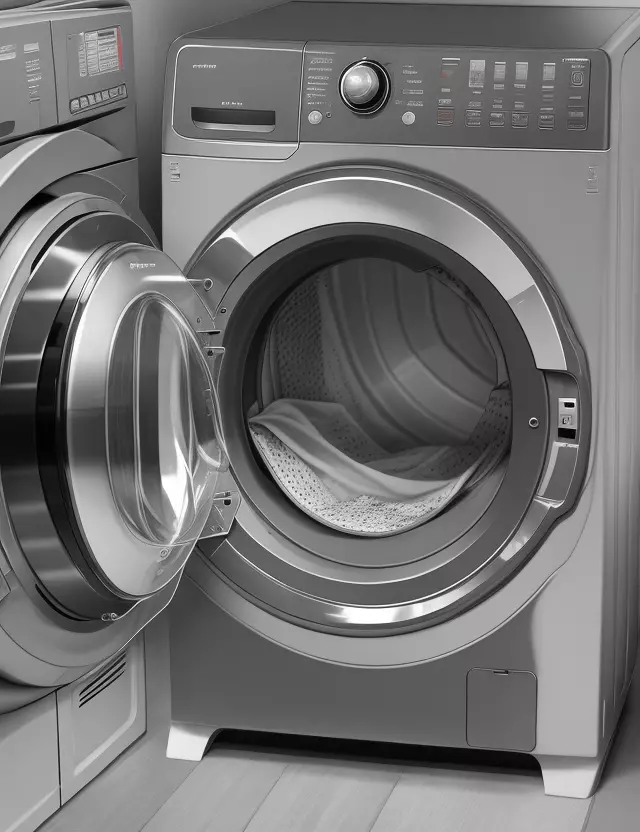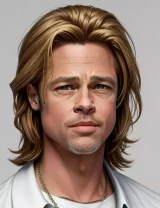Nathaniel Briggs Patents the Washing Machine: Revolutionizing Laundry Chores
Simplifying Household Tasks

Nathaniel Briggs Patents the Washing Machine: Revolutionizing Laundry Chores
On March 28, 1797, Nathaniel Briggs, an inventor from New Hampshire, received a patent for a groundbreaking invention that would transform household chores: the washing machine. Briggs' innovative device simplified the laborious task of washing clothes, revolutionizing domestic life for countless individuals.
Streamlining Laundry Tasks
Briggs' washing machine mechanized the process of cleaning clothes, eliminating the need for manual scrubbing and rinsing. By harnessing the power of mechanical motion and water, the invention enabled users to wash larger quantities of laundry in less time and with greater efficiency.
A Boon for Households
The introduction of Briggs' washing machine had a profound impact on households, particularly for women who were traditionally responsible for laundry duties. With the invention of the washing machine, hours spent scrubbing clothes by hand were replaced by more leisure time or opportunities for other pursuits.
Legacy of Innovation
Nathaniel Briggs' patent for the washing machine laid the foundation for subsequent advancements in laundry technology, paving the way for the development of modern washing machines that are ubiquitous in homes around the world today. His ingenuity and vision continue to benefit society, demonstrating the power of innovation to improve everyday life.
Celebrating Progress
As we commemorate Nathaniel Briggs' patent for the washing machine, we recognize the transformative impact of his invention on household chores and domestic life. His legacy serves as a reminder of the enduring value of innovation in shaping the world we live in.



